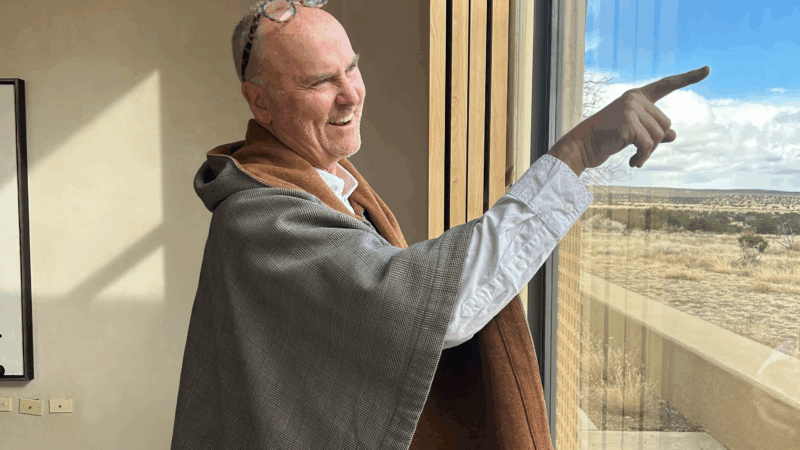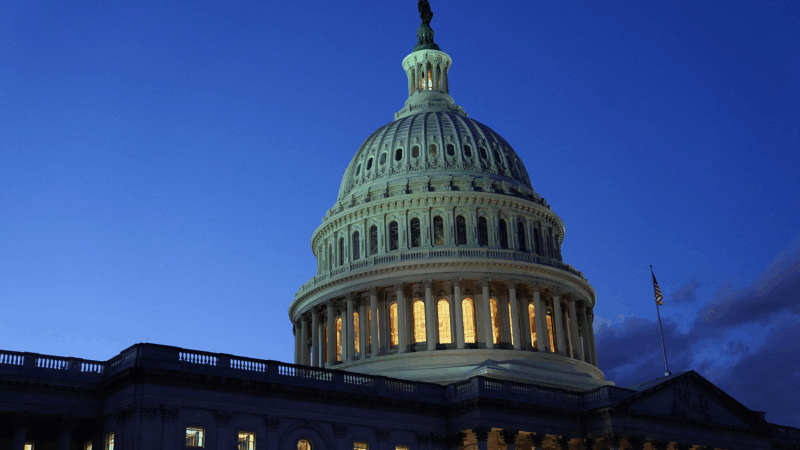Alabama Supreme Court Causes Marriage License Confusion
In an order released Monday, the Alabama Supreme Court is inviting parties to submit briefs “addressing the effects of the Supreme Court’s decision” in Obergefell v. Hodges.
Many lawyers and other experts first interpreted the order as a 25-day buffer period before Alabama probate judges would have to begin issuing marriage licenses to same-sex couples. However, further analysis concluded that the order does not include any directions for probate judges.
John Carroll, former U.S. Magistrate Judge and Samford law professor, says the order gives probate judges some temporary power.
“It meant that the probate judges don’t have to issue the licenses [to same-sex couples],” he says, “but they can if they want to.”
Carroll says it’s unclear whether the 25-day buffer period still stands, and the Alabama Supreme Court will have to give further direction before anything will change.
“I think the court’s going to have to issue another order,” he says, “or I think probate judges will continue doing what’s going on now– which is some are issuing licenses and some aren’t.”
An Associated Press telephone survey of counties on Monday found that nearly half of Alabama’s counties (at least 32 of the state’s 67 counties) were issuing the licenses to gay couples.
Alabama Supreme Court Chief Justice Roy Moore agreed with Carroll’s assessment. “What the order means is that within that 25-day period no [probate judge] has to issue a marriage license to a same sex couple,” Moore told al.com.
Why 25 days?
“Every appellate court, including the U.S. Supreme Court, has a period of time after they rule for the parties to seek rehearing,” says Carroll.
According to U.S. Supreme Court Rule 44 , “Any petition for the rehearing of any judgment or decision of the Court on the merits shall be filed within 25 days after entry of the judgment or decision.”
“If the court doesn’t grant rehearing in 25 days, then the order is in deed final,” says Carroll. “No one, quite frankly, expects the ruling of the Supreme Court to be altered in any shape or form.”
No More Licenses
Several Alabama counties, like Pike County, have shut down marriage license operations altogether.
Reporting for NPR, Troy Public Radio’s Kyle Gassiott says “marriage licenses haven’t been issued (in Pike County) to gay or straight couples since February, in protest of an earlier court decision that briefly legalized gay marriage in the state.” On Friday, Pike County Probate Judge Wes Allen released a statement saying he believes the U.S. Supreme Court overstepped its authority and that Pike County would no long issue marriage licenses to anyone.
Additional reporting provided by the Associated Press. Updated Tuesday, June 30 with additional information on U.S. Supreme Court rehearing rules.
Four top U.S. speedskaters to watch at the Olympics
U.S. speed skaters set to compete in Milan are drawing comparisons to past greats like Eric Heiden, Bonnie Blair, and Apolo Ohno. Here are four to watch in the 2026 Winter Olympic Games.
Need a new path in midlife? There’s a school for that and a quiz to kickstart it
Schools across the country are offering courses and retreats for people 50+ who want to reinvent themselves and embrace lifelong learning and discovery.
A ‘Shark Tank’ alum needed cash to pay tariffs. This shadowy lending world was ready
How about $350,000 within hours? The pitches flood small businesses: "No hidden fees, No BS." These financial lifelines are barely regulated and can turn into trip wires.
U.S. skater Connor McDermott-Mostowy joins record number of out LGBTQ Winter Olympians
When U.S. speedskater Connor McDermott-Mostowy makes his Winter Olympic debut in Milan, he'll join a record number of out LGBTQ athletes. But of the 46 out athletes, only 11 are men.
5 glaring warning signs for Republicans in this year’s midterm elections
Here's why Republicans are facing an uphill battle, particularly for retaining control of the House.
Crackdown on dissent after nationwide protests in Iran widens to ensnare reformist figures
Detained Nobel Peace Prize laureate Narges Mohammadi has received another prison sentence of over seven years.






